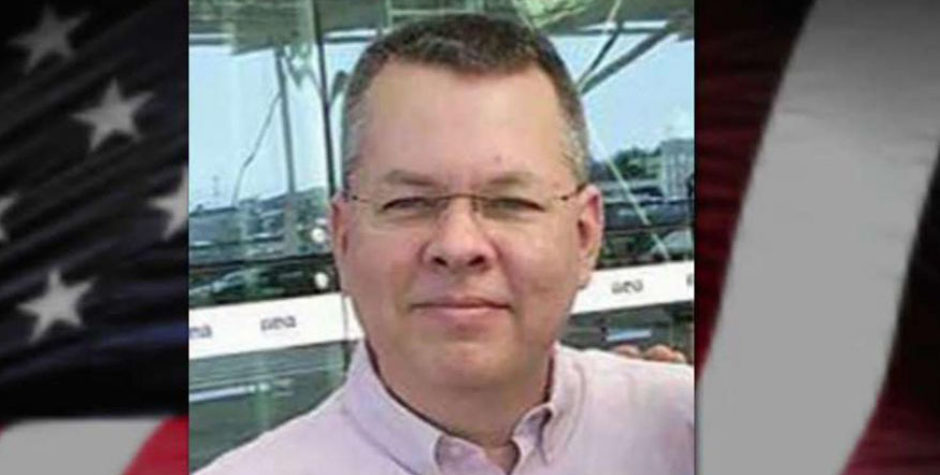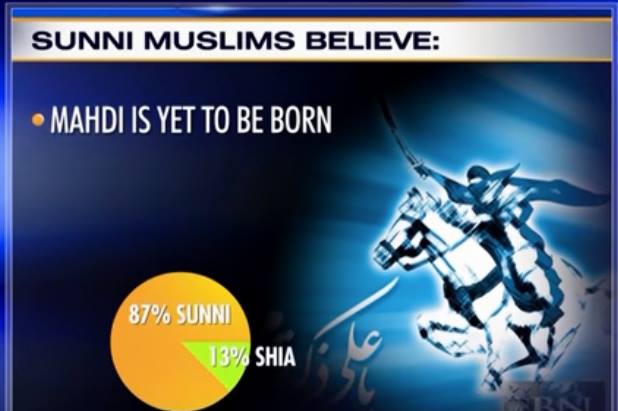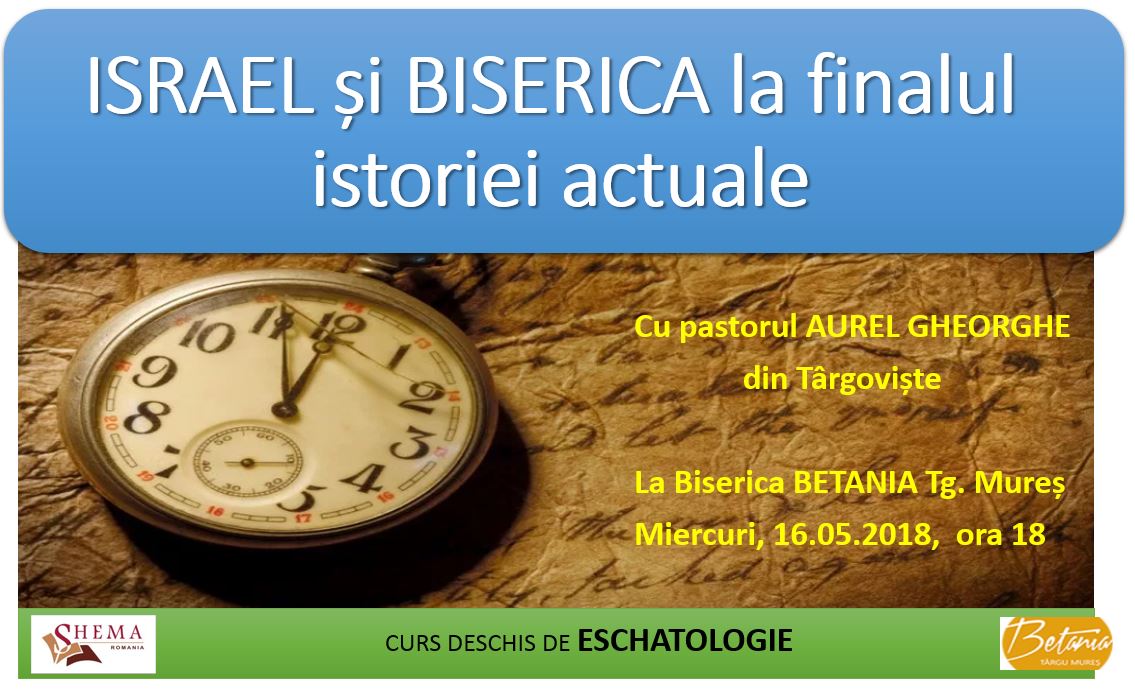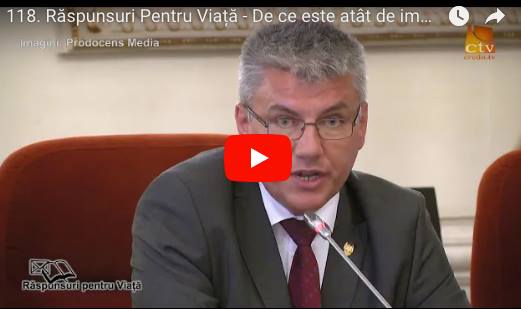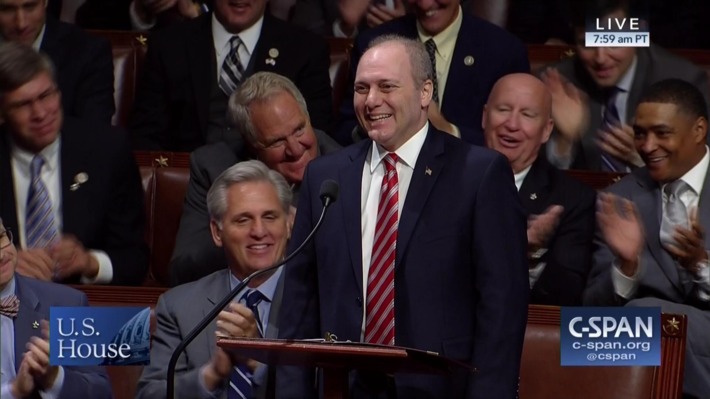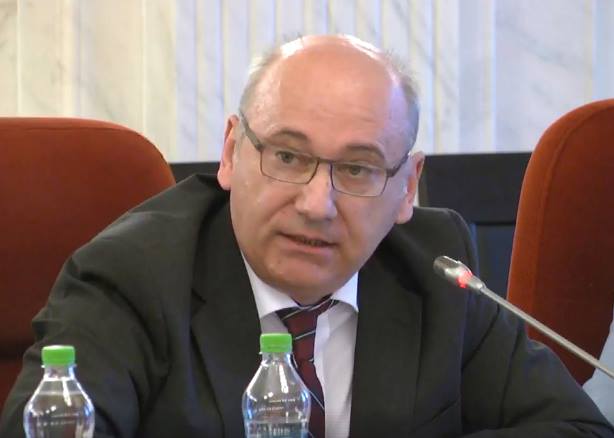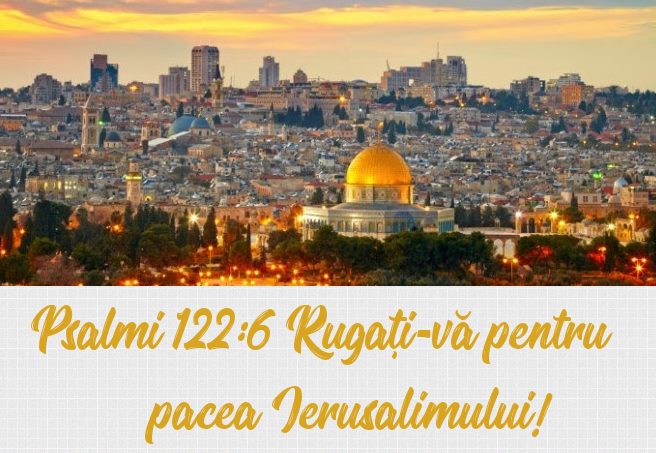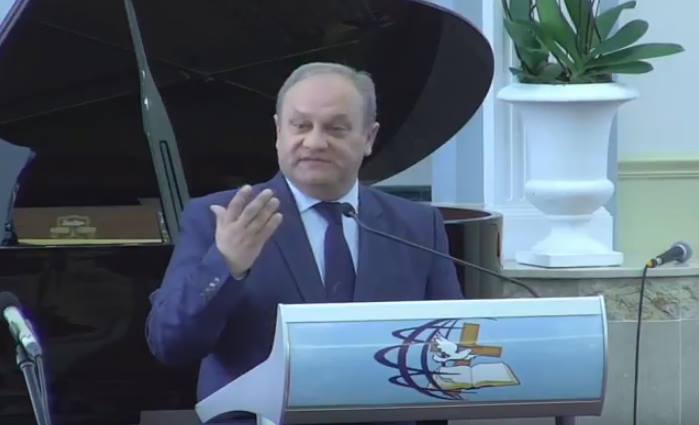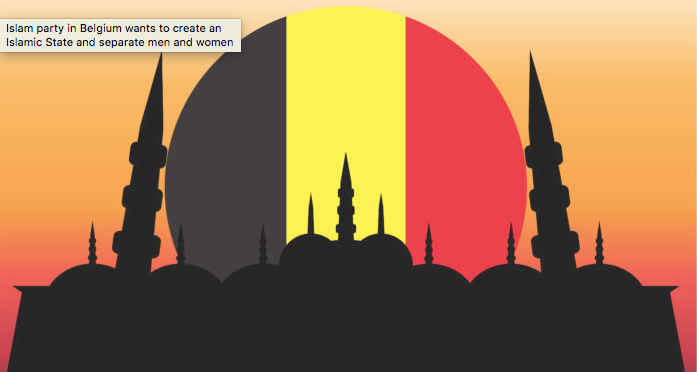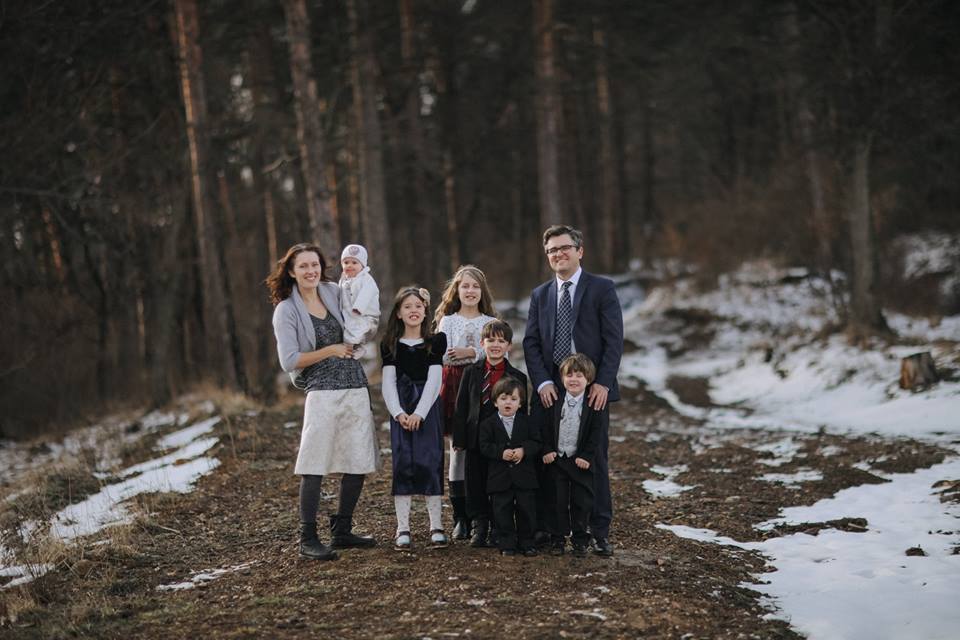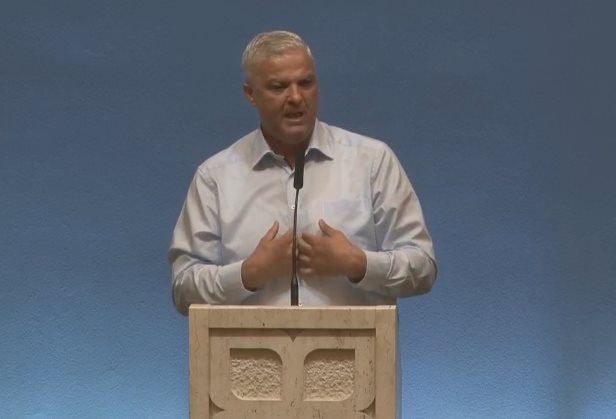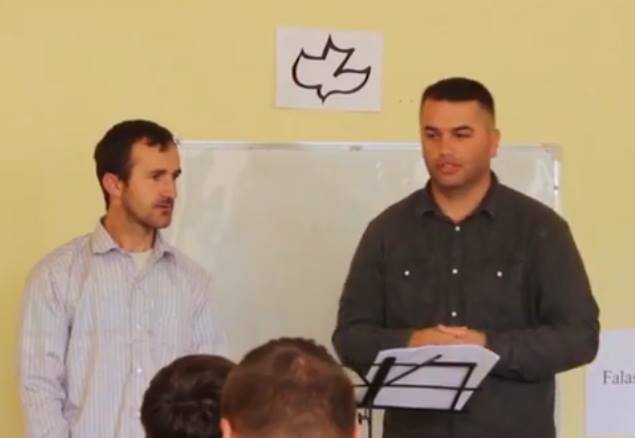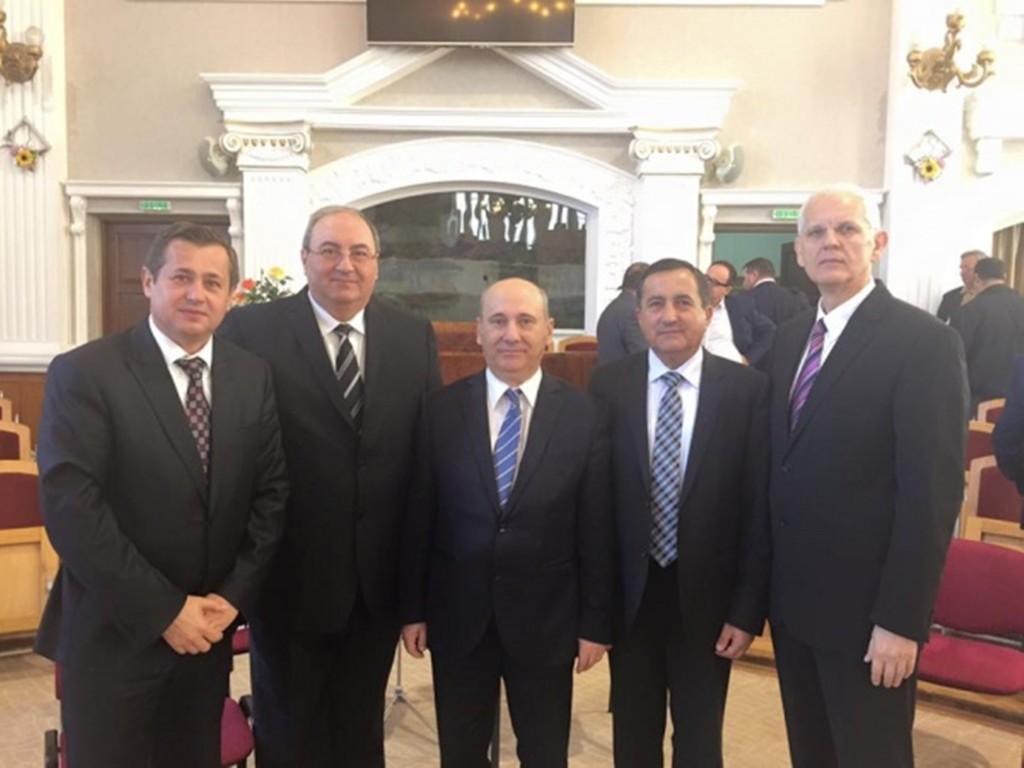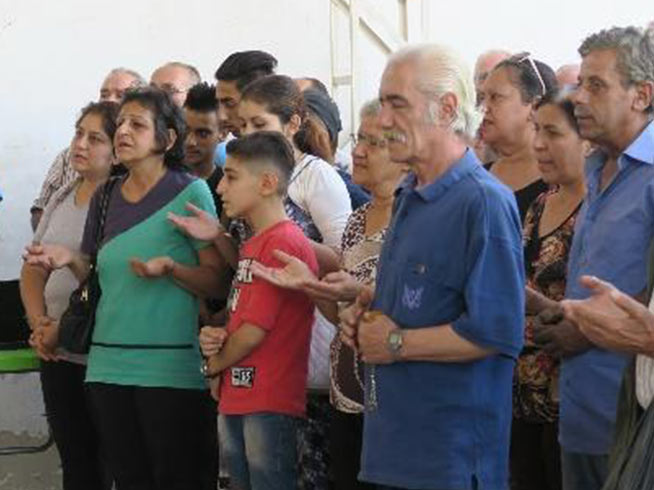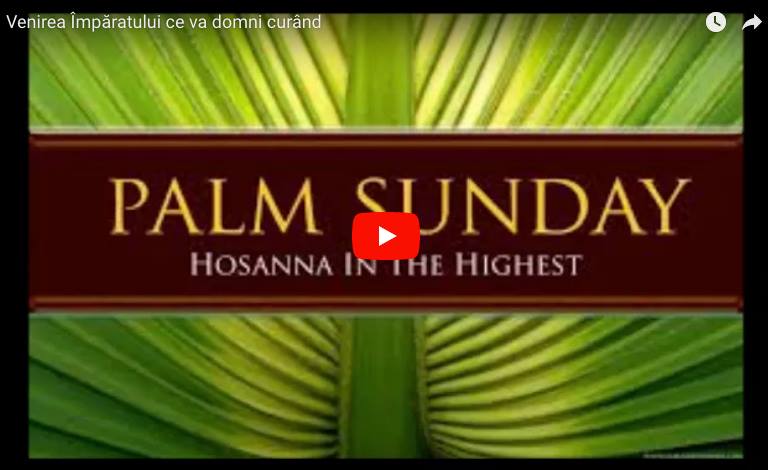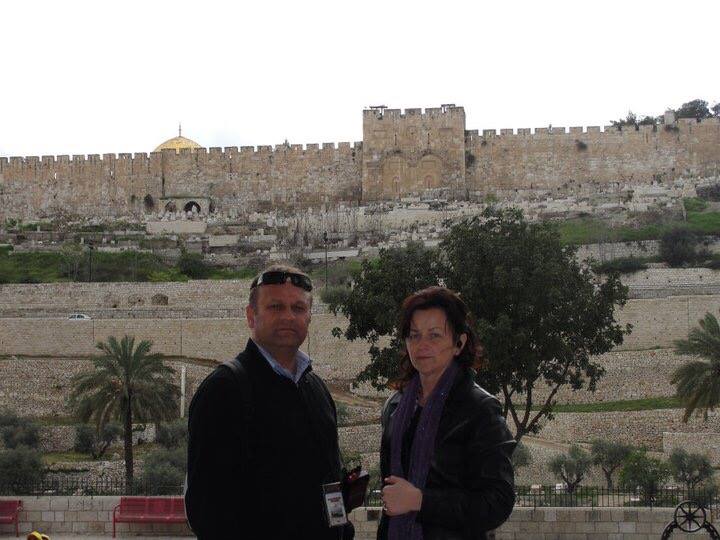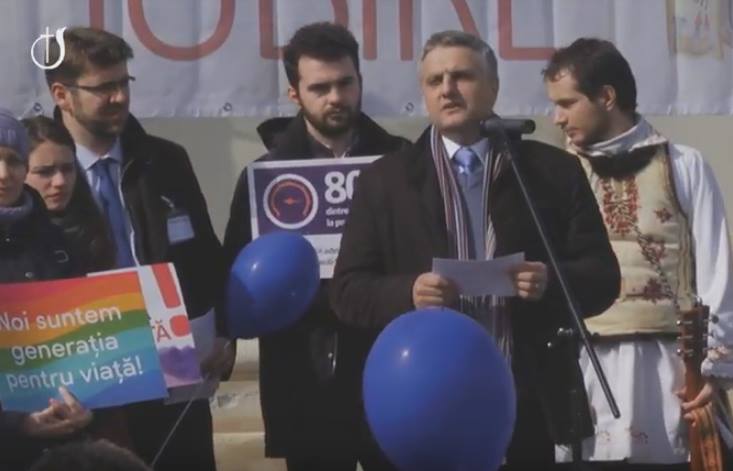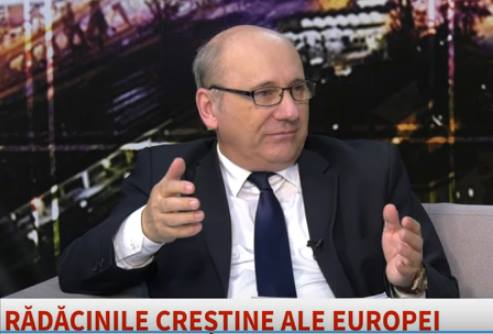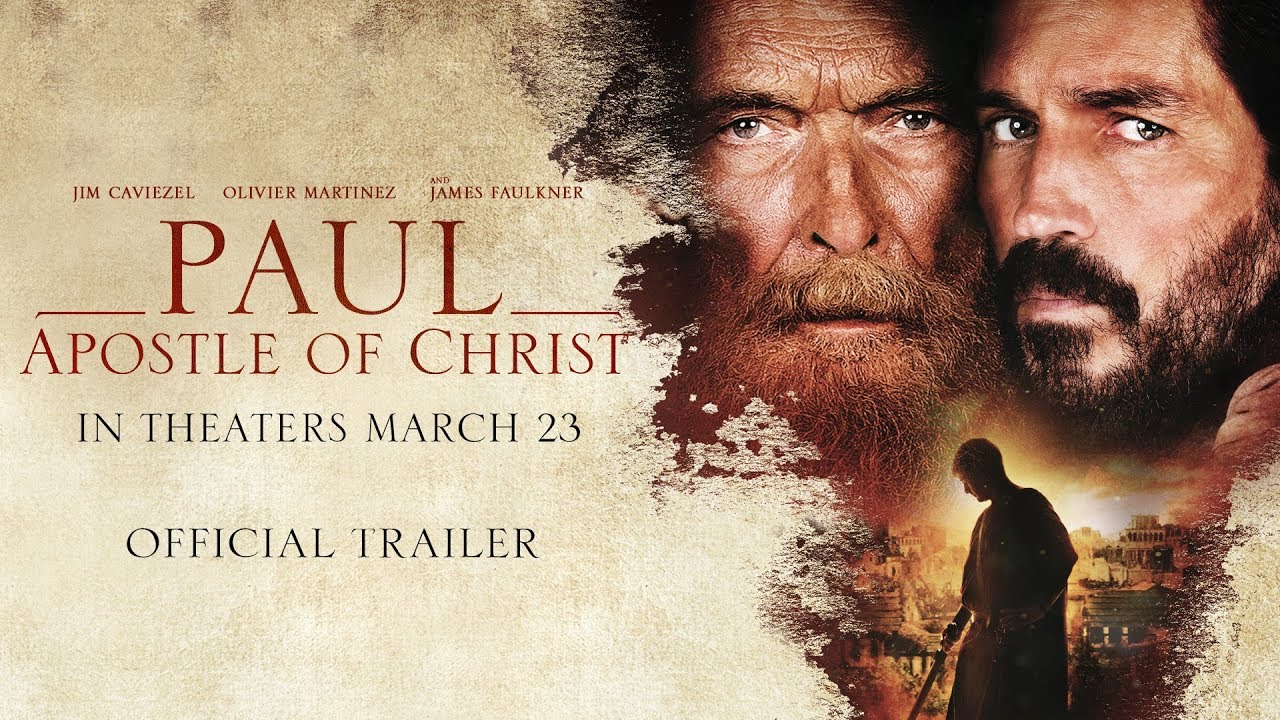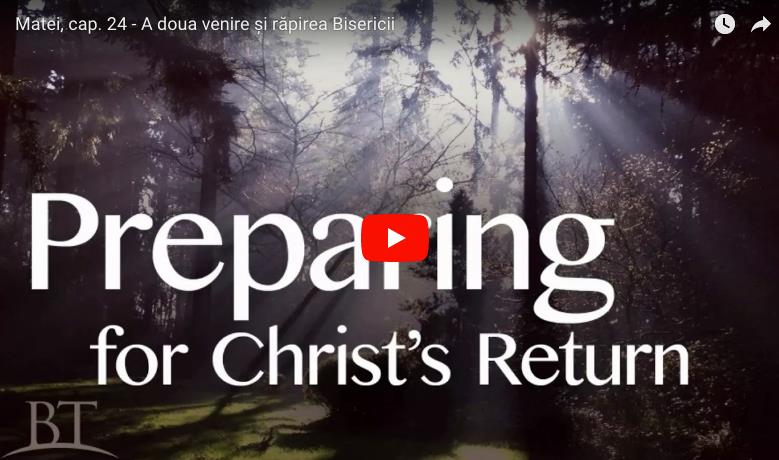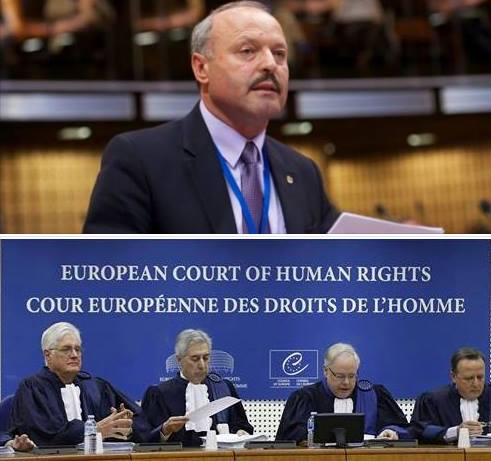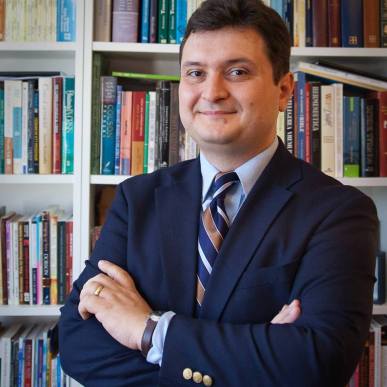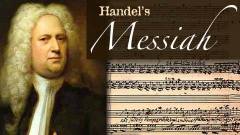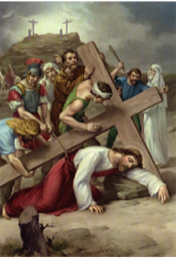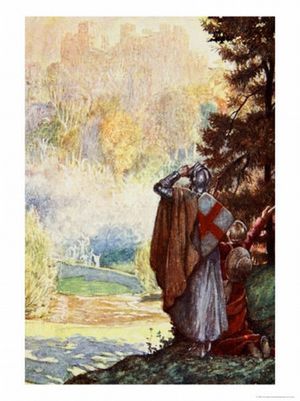Faith Matters Episode 12 – „The Person and Work of the Holy Spirit” featuring a discussion between Dr. Mark Williams, General Overseer of the Church of God and Dr. Steven J. Land, President of the Pentecostal Theological Seminary.
Notes from the video:
Dr. Mark Williams – It’s undeniable that the Holy Spirit is at work in the world today. He is convicting people of sin. He is drawing them to Christ. We see Him at work, as the Lord is pouring out His Spirit in the last days, which are a sign, of course, of the last days. He is so important. And He is also very important in worship. Is He not?
Dr. Steven J. Land: Absolutely! How could we know God, unless God wanted to be known? You know, you can come together and simply remember facts and rehearse Scriptures, and if God doesn’t show up, to know God and encounter God, is it really worship? We remember we are taught things, but, by saying that this is an encounter with the living God, we participate in His life and He is in our midst, He speaks to us and moves and manifests gifts and informs us and speaks to His character, that’s what helps the whole world to see that we are a community that has God at the center. We’re not just a religion making group. But, we’re gathered around God at the very center. The closer we get to God, the closer we get to each other.
Dr. Mark Williams: 1 Corinthians 12:13-14 are really very important passages for me as a disciple and as a pastor, as a shepherd, as I begin to learn about the manifestations of the Spirit, the Bible says in 1 Corinthians 12:7 -the manifestation of the Spirit is given to every person to profit. And we see, as Paul, in a corrective way at the church of Corinth, begins to lay out the person, the work of the Holy Spirit, how he works, what the purpose of the Holy Spirit at work among us, corporately, really is- to glorify Jesus. Also, to edify. We see in those passages, the gifts of the Spirit. Perhaps in my view, not necessarily an exhaustive list. It’s certainly a representative list of the gifts of the Spirit. We see in there, gifts for the mind, gifts for might, gifts for the mouth- for utterance. We see, sandwiched in there, also, the ultimate test of the Spirit’s work, which is love.
Dr. Steven J. Land: And why is that? Because God is love. Again, it goes back to this participation in the life and mission of God. What would we be if we didn’t have love? If you didn’t have love, it means you wouldn’t have God. The whole point of God was not just to reveal information, but to reveal Himself. Let us know Him. And that He that hath the Son, hath life. And he that hath not the Son, hath not life. So, the very life at the center is the life of God given us in Jesus Christ, by the Spirit of life, the Holy Spirit. So, 1 Corinthians 13 can talk about the more excellent way . The most excellent way is not love. It’s love motivating all the other things: the tongues, the knowledge and the faith, and the giving and the sacrifice. That’s the most excellent way of life. It’s not a multiple choice test. It’s to make sure love is the central motive, the central reality. So that God remains central and we’re not competing with each other.
Dr. Mark Williams: How many times have I seen the Holy Spirit work corporately in pointing us to Christ? Pointing us to the love of God? And releasing supernatural enablements to help give guidance to the church. We read in Scripture about the word of knowledge, the word of wisdom and discerning the spirits. I would say, in your experience, you have also seen times when we didn’t know what to do, and the Holy Spirit would give to us divine direction that we could have never known before.
Dr. Steven J. Land: Or, the Holy Spirit speaking and revealing people’s hearts. Just astounding. People falling on their faces in reverence for God because He’d reveal things that no one would know, but God.
Dr. Mark Williams: I’ve got to tell you this. My dad was not raised in a Christian home at all, He came to faith out of dating my mom. He found Christ as His Savior. They were married. He was in the Air Force and he goes to church, a Church of God in Wichita Falls, Texas. And they invite a friend of my dad’s and his girlfriend, to go over with them to church. They were at a revival. Now, my dad was very skeptical about the person and the work of the Holy Spirit. He saw people living in such a way, you claimed to be baptized in the Holy Spirit and he thought, „Well, I live just as good as they do, and I even pay my tithes.” So, he really had doubts.
At this service, a preacher who is now in heaven, he was up preaching. And he had a prayer line and my dad’s buddy went up for prayer. And when my dad’s friend went up for prayer, brother Krutcher (?) a visiting evangelist who had never seen this guy before and this man had never been to this church before, brother Krutcher laid his hand on this man and looked at him in the eye and he said, „You’re living a lie. The woman you have brought with you does not know that you have a wife back in Ohio. You have a family. You need to call on God.” The man fell to his knees, repented of his sins. I’ll tell you something else that happened. It made a believer out of my dad. And fear came upon the congregation. And my dad never doubted the person and the work of the Holy Spirit again.
Dr. Steven J. Land: It was either right or wrong, very specific.
Dr. Mark Williams: Yeah, this was no general… „There might be someone here…” He looked at him right in the eye. The gift of the word of knowledge was right there prophetically speaking.
Dr. Steven J. Land: Yeah, those are the things that made this revival, this renewal, this missionary movement spread around the world. It’s also the thing touching people in other places. For example, we’re going to witness in the world where other religions are entrenched. Manifestations where there is Buddhism, or Islam or radical secularism. When you get the Gospel coming with words of Scripture and signs and demonstrations in the Spirit, that combination, not just separating them, just Scripture and just manifestations, but coming together. That’s a powerful combination.
Dr. Mark Williams: I long for this generation to see authentic supernatural at work. How important is that?
Dr. Steven J. Land: It is so essential because what we so often have is to believe that the individual is the key. Just finding the individual and just lifting up that individual. My mother said so often to me, she’s now with the Lord, but she would say, „Steve, when you teach or preach, you’ve got to find a way to always move behind the cross.” I think people need to carry away Christ, not you.” Move behind the cross, always. And isn’t that what the Holy Spirit does. The Holy Spirit continually lifts up Christ, even though the Holy Spirit is God, but lifts up Jesus Christ because He’s the Savior and in Him we know the life of the Father. We discover the will of the Father and we worship God. So, that’s very critical for us who are filled with the Spirit. To lift up Christ, to point away from ourselves and lift up Christ. And when we do that, the signs will follow.
Dr. Mark Williams: Okay, so you’re sitting in a service and you’re not skeptical. There’s a difference from the discernment of spirits and pure old skepticism. We’ve seen both before. How do you know whether a manifestation truly is of the Holy Spirit or whether it is of the flesh? Or, God forbid, another Spirit? Don’t we have some instructions on discernment there?
Dr. Steven J. Land: Discernment;s huge. True and false prophecy is the roots and fruits. If it comes from a guy who doesn’t bear Godly fruit- you don’t get sweet water out of a bitter well. And so it’s roots and fruits. And sometimes you don’t know til later, you wait and kind of see til it bears out, what fruit does it produce? Does it divide the church? Does it build up the church? Does it edify? Does it comfort? Does it exhort to righteousness? You know, they are put in those tests in Scripture, whether in 1 Corinthians 14 or the prophetic passages of the Old Testament and you put all that together in discernment to determine true and false prophets and true and false prophecies, and you see what finally happens. Some people will clearly lift themselves up, they’ll say wild and exotic things. Some of it just won’t bear with Scripture. They’ve gone beyond Scripture. You know, [they’ll say], „We’ve got further revelation.” But, how much sense will it make if the Holy Spirit will reveal things which contradict what He inspired people to write in Scripture? So we have to set it.
Dr. Mark Williams: The old timers used to say, „The Holy Ghost WILL NEVER contradict Himself!” What we have to be careful of not allowing the excesses to rob us of the genuine.
Dr. Steven J. Land: When I was growing up, there was a lady who came through and my aunt called my dad, and said, „You’ve got to come to church tonight. There’s a woman here, God has filled her mouth with jewels.” Some people just go crazy over that. She would open her mouth and they’d see things glittering and they’d get excited. I had no confidence in that at all. It doesn’t lift up Christ and it’s just sensationalism. It’s not of the Lord, I’m not moved. And that proved to be the case. It turned out that she had taken this colored foil and put it in her mouth and got exposed. Well, it was just a show. It was not something lifting up Christ, and it wasn’t in the context of the word. It was just, „Look what God can do.”
It’s like gold dust falling from the ceiling. I got a call from a newspaper reporter. He said, „What do you think about this gold dust?” „Well, did you get a bag of it?” „No.” „Well, did anybody?” We need to question that, don’t we? „It fell, but nobody’s got any.” And if it’s just to lift up people, it’s just sensationalism.
And I go back to that quote from the Azusa Street revival and what it said: „People look for the spectacular and they miss the wonderful.” Signs and wonders, these are wonder works. They lead to wonder before God, in reverence before God, or does it lift up individuals? You know, if a manifestation of a gift leads to hate and not to love, not joy in the Lord, but despair in the Lord, not to peace, but to discord and strife; it’s pretty clear that there’s contradiction there between gifts and fruit. The fruit, as for the gifts, to manifest for the character. It’s like, our deeds should manifest our character and our motivation. The gifts of the Spirit, they should form us in that and not contradict us. Those should go together, the way that personality goes together with character. And the external and the internal. We should see that. In church, it should be like a garden. A place that cultivates the fruit of the Spirit, so we produce people that have Christian character. I think that’s what upsets me more than anything, that Christians who make a claim of their character, it doesn’t bear it out.
Dr. Mark Williams: You know, by their fruit you shall know them. You know, my grandpa always had a statement. He would see people slain in the Spirit, and he would basically say, „You know, It’s fine to be slain in the Spirit. I believe in that, wonderful, but, when you get up, how you walk is what is really important.” There’s no doubt about it, God is a Spirit. Those that worship Him, must worship Him in Spirit, and in truth. God is seeking such. And I just pray that God would continue to favor us with the manifestations of the Spirit. Not for spectacle, not for show. But, that the name of Jesus might be lifted up and that the manifestation would become a platform upon which to to the good news of Jesus Christ.
Faith Matters Episode 12 – „The Person and Work of the Holy Spirit”
featuring a discussion between
Dr. Mark Williams, General Overseer of the Church of God
and Dr. Steven J. Land,
President of the Pentecostal Theological Seminary

 Photo
Photo 









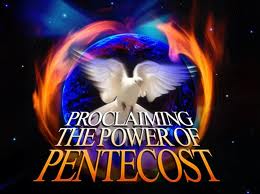
 their spiritual gifts are. He simply tells those in the church at Rome to use their gifts in various ways: “if prophecy, in proportion to our faith…he who contributes, in liberality; he who gives aid, with zeal; he who does acts of mercy, with cheerfulness” (Rom. 12:6-8). Similarly, Peter simply tells his readers how to use their gifts, but does not say anything about discovering what they are: “As each has received a gift, employ it for one another, as good stewards of God’s varied grace” (1 Peter 4:10).
their spiritual gifts are. He simply tells those in the church at Rome to use their gifts in various ways: “if prophecy, in proportion to our faith…he who contributes, in liberality; he who gives aid, with zeal; he who does acts of mercy, with cheerfulness” (Rom. 12:6-8). Similarly, Peter simply tells his readers how to use their gifts, but does not say anything about discovering what they are: “As each has received a gift, employ it for one another, as good stewards of God’s varied grace” (1 Peter 4:10).








